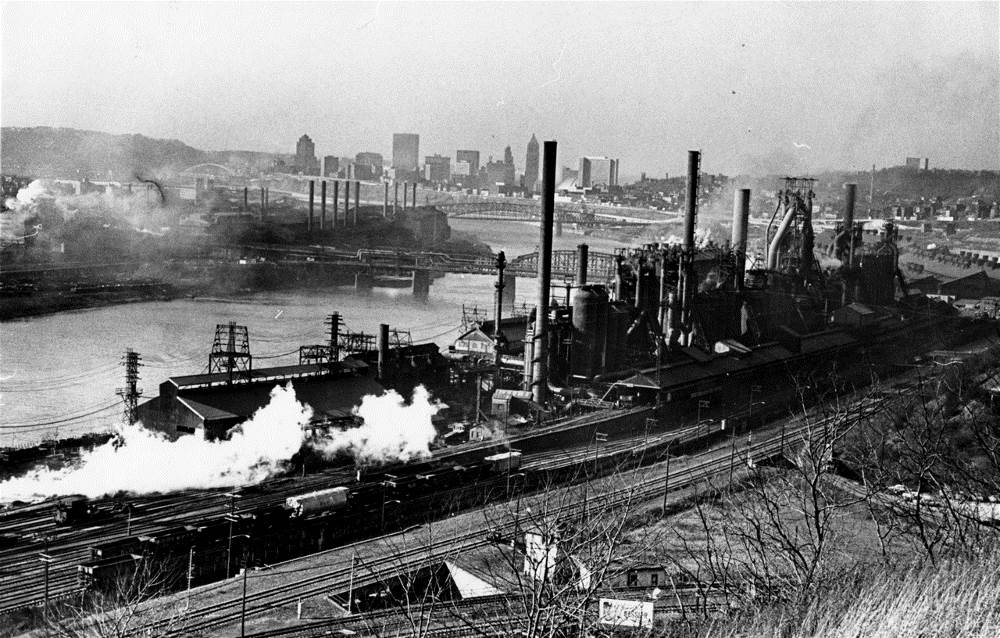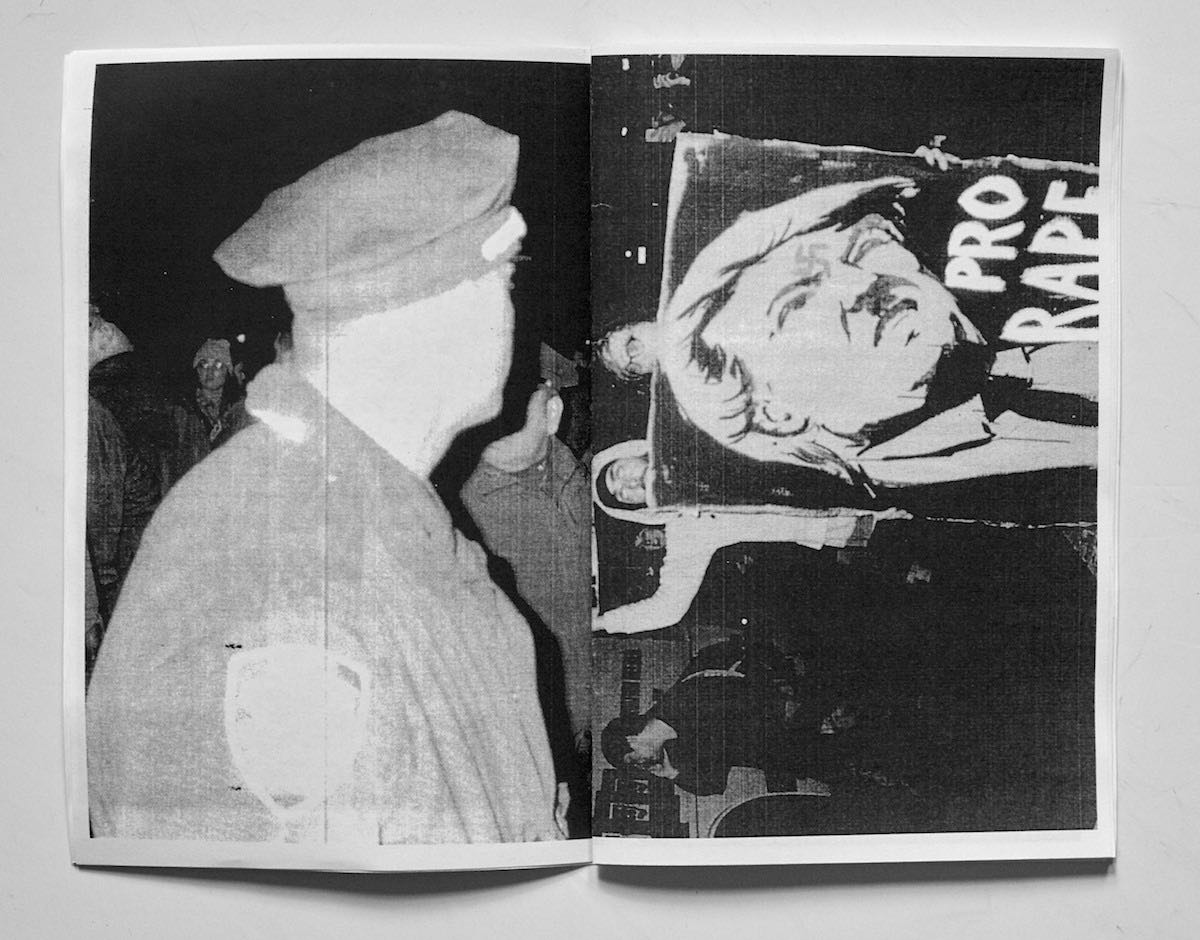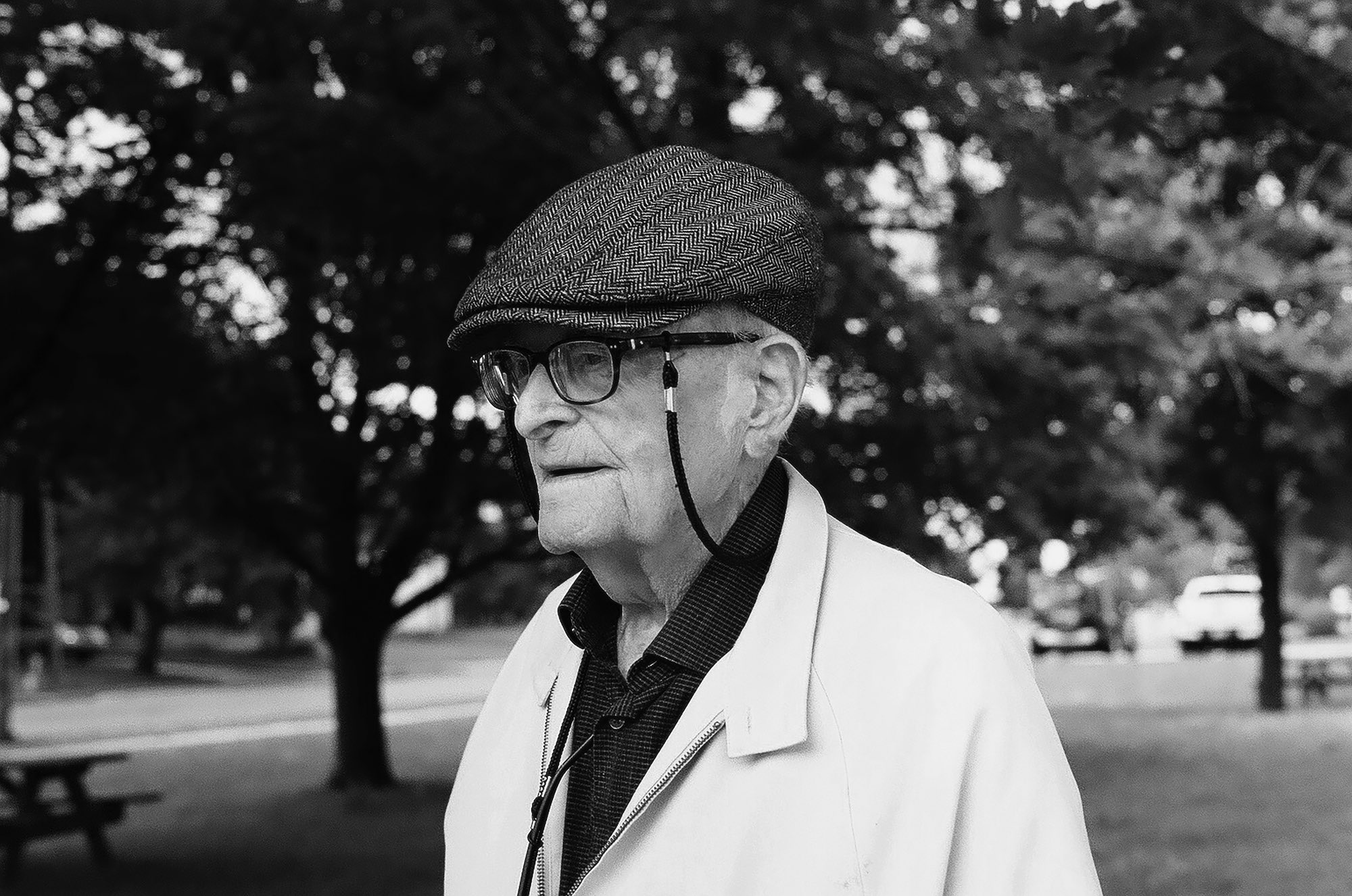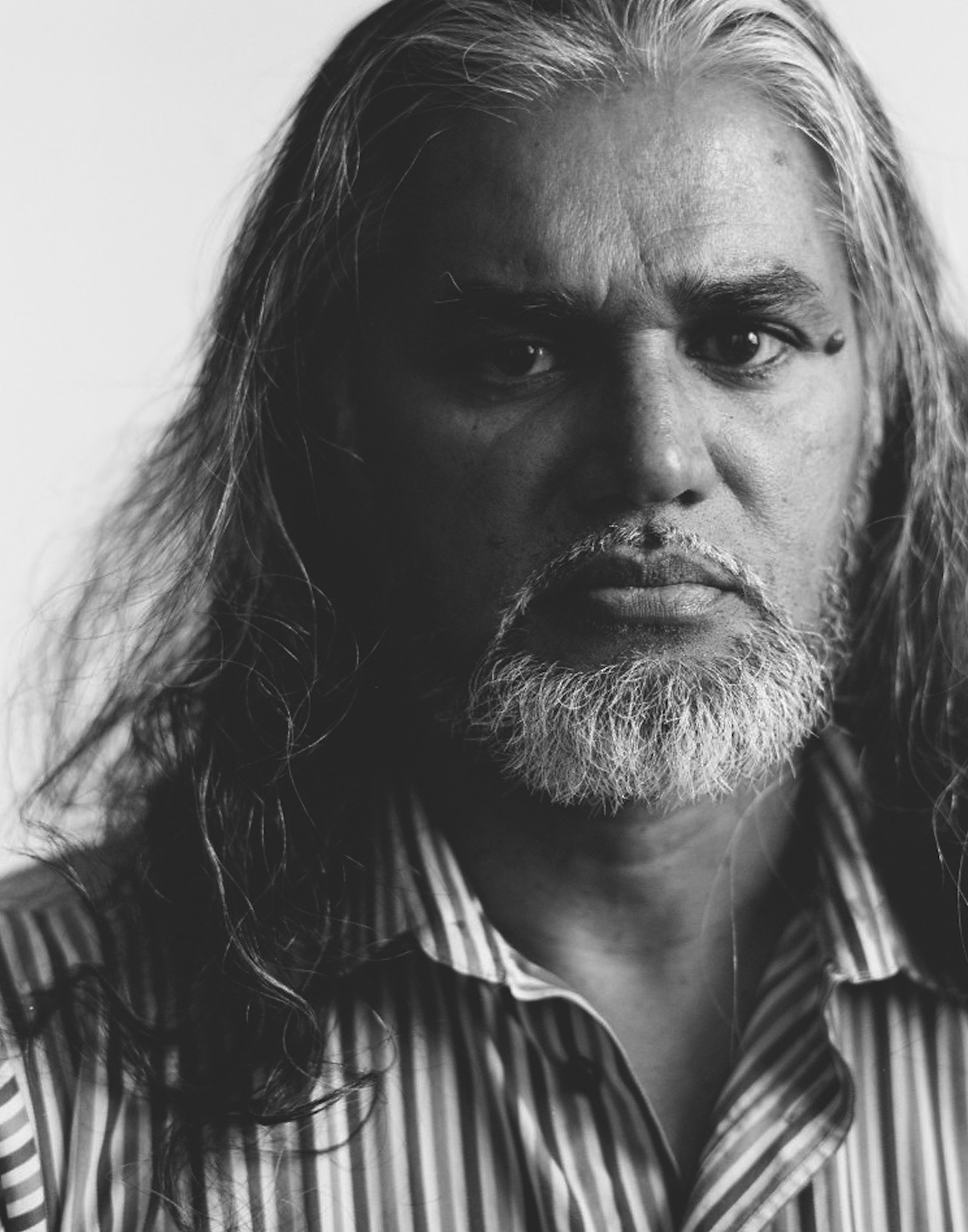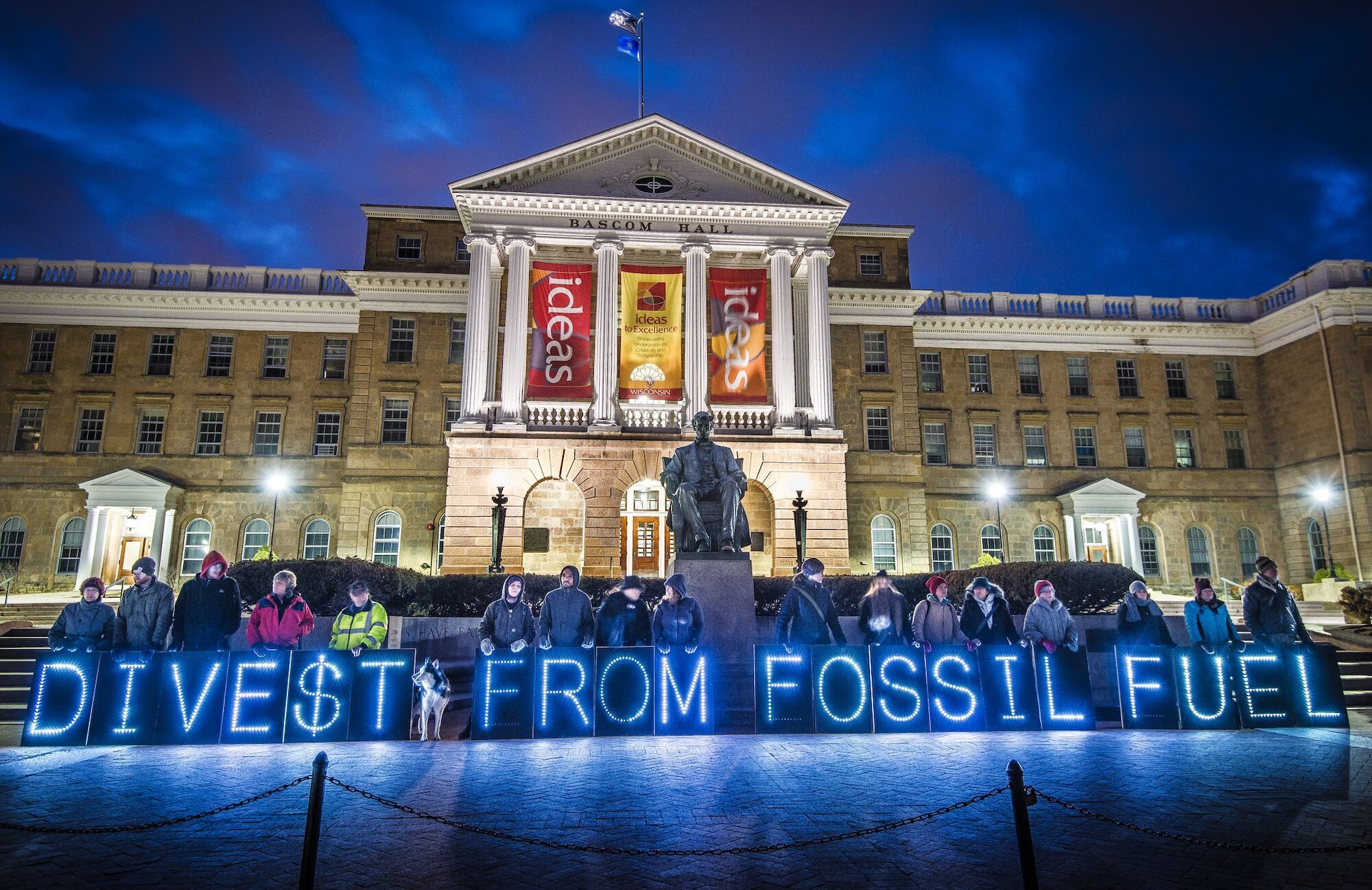'Reality Matters': Al Gore, Pittsburgh and How to Tackle the Climate Crisis

The 36th Climate Reality Project leadership training took place in Pittsburgh in October, and was its biggest (and best? according to founder Al Gore, anyway) ever, with more than 1300 people attending, including Good Trouble.
Over three days, would-be Climate Reality leaders powered through a packed schedule that included panel discussions, presentations, strategy workshops, media training and a vast amount of mung-bean burgers.
“The goal is to give everyone here a deep understanding of the climate crisis, its solutions, the ability to communicate it and be a leader in the transition to a clean-energy community,” said Climate Reality Project president Ken Berlin in his opening remarks, adding: “Plus a sense of optimism.”
Good Trouble somewhere at the back and on the right. We haven't been able to find ourselves yet.
There is still room for that optimism, despite the immense scale of the challenge and the visible effects of climate change already all around us. Global carbon emissions are currently close to peaking, despite a US administration doing everything in its power to reverse that trend.
Unsurprisingly, that administration was never far from remarks, even though the Climate Reality Project, founded by former Vice-President Al Gore, is an avowedly nonpartisan endeavour. “Despite Trump, we can still make progress in the next three years,” commented Berlin.
Pittsburgh's Jones and Laughlin Steel Works in 1967
It was a point reinforced by Pittsburgh mayor William Peduto, who delivered a passionate, inspiring introduction about how this birthplace of the American steel industry – as Gore noted, the ‘ground zero’ of the climate crisis – was brought "back from the dead", and can be used as an example of how cities and states can lead the transition to a clean-energy future.
“We built America,” said an emotional Peduto, “but we also polluted it. With the worst air and water quality in the country. And in 1979, Pittsburgh died. It took us 30 years of investment and sacrifice to move on from heavy industry. But we did it.”
“Reality matters. We’ve got to take action and exert the democratic pressure that citizens can”
Gore calmed the first of his many standing ovations with his distinctive Tennessee drawl, explaining how “grassroots pressure” is ultimately the key missing element today in the US, with climate change still a long way down the list of Americans’ top concerns. Which is of course where the 1300 leadership trainees in the room have a role – educating and advocating for climate action at a community level.
Is this the line for the bean-burgers? Pittsburgh's Andy Warhol Bridge seen through window
“There needs to be a real uprising of appropriate concern,” he told them. “Reality matters! We’ve got to take action and exert the democratic pressure that citizens can.”
“We’re going to win this,” he concluded.
At the end of the first day, political strategist Caitlin Howarth led a masterclass in communication techniques, which emphasized the importance of sharing personal narratives rather than bare facts when trying to persuade someone to care about an issue.
So, with that in mind, we asked a few of our fellow attendees, mostly from the New York area, why they had chosen to give up three days of their time to travel to Pittsburgh and be trained as climate activists.
CRISTINA GARCIA, Queens
"As a high school student, I was good at math but had no idea what I wanted to be. Some advisor told me to become an civil engineer, so I tried that. Then during my career as a civil engineer, I realized I didn't like bridges. At the same time, I was taking an environmental class, and realized that was more interesting. So, I switched career paths, and met a professor who taught me so much about NYC's environment. I saw such an awesome and obvious solution, which is energy efficiency.
“No one would hurt their future children or grandchildren, and that’s the connection that isn’t being seen.”
This is important to me, because it's our greatest threat and not doing anything to help solve the issue is like hurting others. Those others may be future generations but it's the same thing to me. No one would hurt their future children or grandchildren, and that's the connection that isn't being seen.
I'm only one person, so in order to make an actual difference, I need to enlighten others. Maybe I reach one person or a group that has some power to make a difference, and real change is made. Then that leads to more changes and it keeps growing. That may not happen for me... but being part of a group where everyone is trying to have this exponential growth effect gives me hope that it can happen somewhere."
ANU PRESTONIA, Brooklyn
“I began working with botanical elements in my early 20s (1978) as a pioneer in the natural hair care business – blending essential oils to address the hair and scalp needs of my clients. Later, I began making body products and found that some botanicals were cost-prohibitive for hair products. I learned these exquisite botanicals were used to make perfumes, so I began studying perfumery in 2008 and how, due to climate change, some botanicals had become even more expensive, while others had become unavailable due to severe weather.
“There’s no time like the present. And this call to action cannot be delayed any longer.”
People of colour are hardest hit by severe weather because of lack of concern by the government and insurance companies to address their needs fairly. Often, they are unserved communities to begin with, and having to deal with a disaster heightens and exacerbates daily challenges. They are the last to receive aid, to be rescued and to be fairly compensated. This prolongs their inability to get back to normalcy, which exacerbates their suffering.
There’s no time like the present. And this call to action cannot be delayed any longer.”
GEORGE CHEN, Westchester
“I teach meditation to all ages, and have taught in schools, colleges, companies, prisons. I also lead a Buddhist sangha which has met weekly for the past 18 years. I have two children, the youngest of whom just went off to college. I'm painfully aware their generation will bear the brunt of climate change in ways we don't want to imagine. This is my way of trying to buy them a little more time.
“I’m painfully aware my kids’ generation will bear the brunt of climate change in ways we don’t want to imagine”
To me, this is the issue of our time, an existential threat without parallel in human history. To meet it, we will have to undergo physical, mental and spiritual transformation on a scale that is equally unparalleled. It will be uncomfortable, as all real transformation is. Perhaps only a threat of this magnitude and immediacy can trigger the transformation to come.
In some sense, we're already out of time. Even if we stop emitting carbon today, it will take centuries for the level to return to what was normal for 400,000 years. In the meantime, the world will change, and we will have to adapt. We cannot begin too soon to change our ways. I've been very aware of this issue for many years. With both kids now in college, I have some time to devote to it.”
JOY RIFKIN, Chicago / NYC
“After college, I started teaching 7th and 8th grade science in Chicago Public Schools. During our environmental studies unit, we discussed climate change. My principal asked if I could leave that section out of my lessons because it was ‘too political’. It shocked me. Was this happening in schools all over the country? Even though the midwest hadn't experienced a catastrophe related to climate change, there were plenty of real world examples right here in Chicago. The heat waves, longer summers, intense snow storms… even my students had seen things change over the last decade. After that eye-opening conversation with my principal, I realized it was my duty as a science teacher to connect the next generation to climate change.
“My principal asked if I could leave climate change out of my lessons because it was ‘too political’. It shocked me”
The climate crisis affects everyone. It's a global issue. But the fact is it's going to take lots of local action to make sweeping changes across the globe. Now, I work for the NYC Department of Education, Office of Sustainability, implementing recycling, composting and waste management systems. I am motivated to educate others about climate change and empower young people to take action. The next generation is going to find the solutions we need to fight this, and it's great to watch them start that fight now.
I saw a Climate Reality presentation this summer that was so compelling. I always knew the link between my job and climate change, but seeing it delivered by a Climate Reality Leader was chilling. I immediately wanted to expand my impact and action. I couldn't only talk about waste management and recycling, I needed to connect this work in school to the bigger picture of the climate crisis. I wanted everyone in my office to see the same information, so I scheduled a presentation for the Department of Education, Office of Sustainability. After that presentation, our entire team was compelled to apply for this training!"
STEVE KOHN, Brooklyn
"The environment is often the underlying cause for larger social issues in sectors like public health, income inequality, even public safety. Misinformation, unimaginable greed and oligarchy-style politics are preventing us from absorbing current solutions and developing new ones. The age of spin is literally the only barrier to us becoming the leader in climate change technology and mitigation techniques. Instead, we have dug our heels in with our head in the sand. Discussing the situation with people in a grassroots sense could help create a more aware community, rather than folks who can easily write off 'fancy liberal scientists or dirty elitist democratic policies' when they see it on a news station. I am also terrified at how poorly our public education system has prepared voters do distinguish between good and bad information and basic science.
Time is running out! I am terrified non-believers will only react when water reaches their doorstep. This is, of course, way past the time of saving ourselves. So, the sooner we can get on with this, the better. I read terrifying news updates almost daily, letting us know that time is running out if we don't make changes. Ironically, we seem to be one of the only countries torn on the importance of fighting climate change."
“Time is running out! I am terrified non-believers will only react when water reaches their doorstep”
ACTIONS
Find out more about the Climate Reality Project, and consider attending a training event if there's one in your area
Writer, editor and consultant based in London /New York


